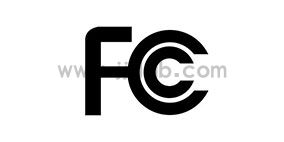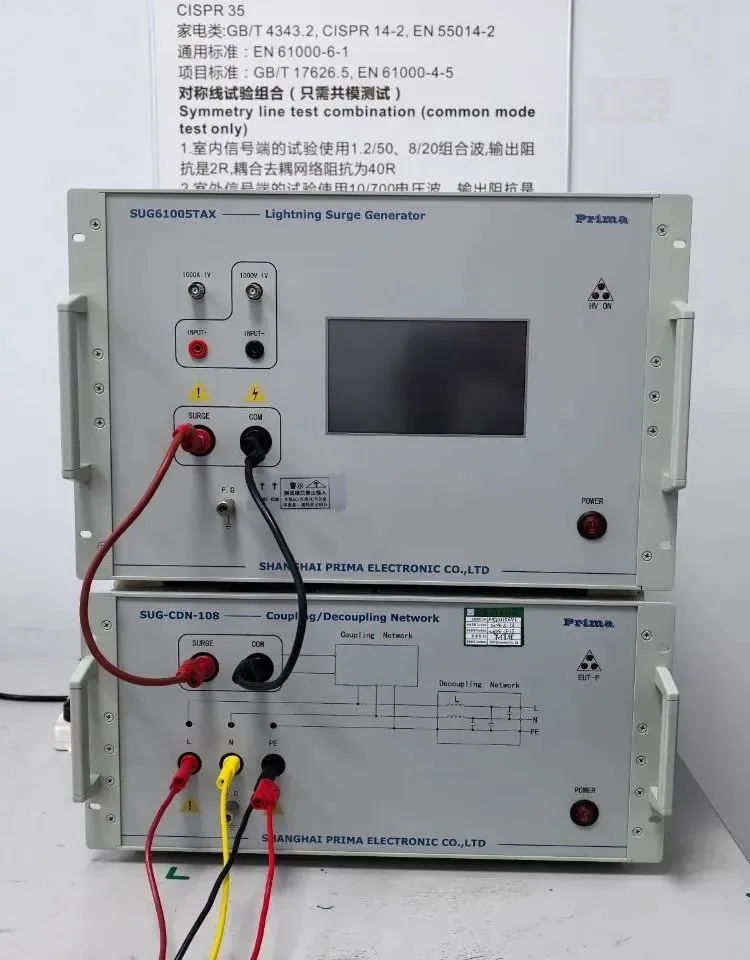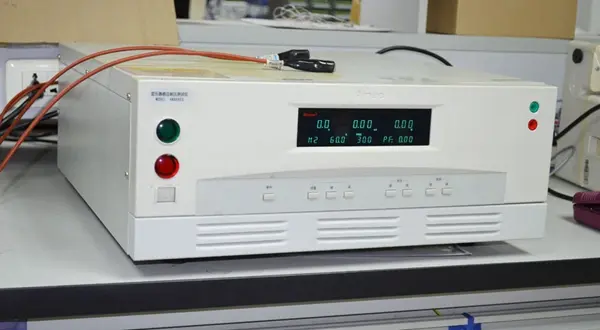
Mobile Phone FCC Certification Testing Laboratory
Mobile phone FCC certification is a mandatory certification by the Federal Communications Commission for communication products sold in the U.S. market. Mobile devices need to meet FCC requirements. To obtain FCC certification for communication products, an fcc id must be applied for. An FRN (FCC Registration Number) needs to be obtained first, and after fcc approval, product testing is completed. Upon obtaining a qualified test report, the FCC will send the Original Grant of the FCC ID to the applicant. Once the applicant receives the certificate, they can arrange for the product to be exported to the United States.

4G Mobile Phone fcc certification testing Standards:
- fcc part 15B
- FCC part 15C
- FCC part 22H
- FCC part 24E
- FCC part 27
- FCC part 2 (2.1093)
Mobile Phone fcc testing Contents:
Testing Standards:
- GSM850 RF Testing - FCC part 22
- GSM1900 RF Testing - FCC part 24
- emc testing - FCC part 15 B (BT/WIFI) FCC part 15 C
- sar testing - FCC OET65
Price: GSM + BT + WIFI
Samples: 4-6 sets
Cycle: 3-4 weeks
Sample Requirements:
1. At least one qualified prototype must be provided for each model applying for certification (it is recommended to provide two or more).
2. The provided prototypes must ensure they are officially qualified prototypes, and their internal electrical structure and appearance must be consistent with the batch prototypes to be exported later.
4G Mobile Phone FCC Certification Test Items:
Standard section: fcc part 15b (For EMC)
Test items:
- Conducted Emission
- Radiated Emission
Standard section: FCC part 15C (For Bluetooth and WiFi 2.4GHz Device)
Test items:
- Conducted Emission
- Hopping Channel Separation
- 6dB Bandwidth
- Number of Hopping Frequency
- Dwell Time
- Peak Output Power
- Radiated Spurious Emission
- Power Spectral Density
- Band Edge Emission
- Antenna Requirement
- Maximum Output Power
Standard section: FCC part 22H
Test items: (For GSM and WCDMA Device)
- Conducted Output Power
- Peak-to-Average Ratio
- Occupied Bandwidth
- Band Edge
- Effective Radiated Power
- Equivalent Isotropic Radiated Power
- Field Strength of Spurious Radiation
- Frequency Stability for Temperature & Voltage
- Conducted Emission
Standard section: FCC part 24E (For GSM and WCDMA Device)
Test items:
- Conducted Output Power
- Peak-to-Average Ratio
- Occupied Bandwidth
- Band Edge
- Effective Radiated Power
- Equivalent Isotropic Radiated Power
- Field Strength of Spurious Radiation
- Frequency Stability for Temperature & Voltage
- Conducted Emission
Standard section: FCC part 27 (For LTE Device)
Test items:
- Output Power
- Occupied Bandwidth
- Band edge and emission mask
- Out of band emission
- Radiated Spurious Emission
- Field strength Spurious radiation
- Frequency stability
- Peak-to-average radio
Standard section: SAR test specification
Test items: FCC part 2 (2.1093)
- SAR measurement 100MHz-6GHz
- RF Exposure Report
- General RF Exposure Guidance
- 802.11 WLAN SAR
- 3G SAR Procedures
- SAR for LTE Device
- Hotspot SAR
Mobile Phone FCC Certification Process:
1. The applicant signs an authorization letter to the laboratory that will apply for the fcc certificate on their behalf.
2. If the applicant does not have a Grantee Code, they must register on the FCC website to obtain a Grantee Code (this can also be done by the authorized laboratory on behalf of the applicant).
3. Provide the FCC ID number to the authorized laboratory using the obtained Grantee Code number.
4. If the applicant already has a Grantee Code, there is no need to apply again. Simply provide the FCC ID number to the authorized laboratory.
5. The applicant provides certification materials to the authorized laboratory.
6. The laboratory tests the product and issues a test report.
7. The laboratory submits the test report and certification materials to the TCB to apply for the FCC ID certificate.
8. The test report and certification materials are reviewed. If approved, the FCC ID certificate is issued.
---
Email:hello@jjrlab.com
Write your message here and send it to us
 RCM AS/NZS CISPR 32:2023 Testing for Power Adapte
RCM AS/NZS CISPR 32:2023 Testing for Power Adapte
 How to get Australia SAA Compliance?
How to get Australia SAA Compliance?
 Does Canada Require RoHS Compliance
Does Canada Require RoHS Compliance
 EU CE LVD, EMC, RoHS Directives Compliance Guide
EU CE LVD, EMC, RoHS Directives Compliance Guide
 Quick Guide to the CE-LVD Low Voltage Directive
Quick Guide to the CE-LVD Low Voltage Directive
 Global Certification Guide for Lithium Batteries
Global Certification Guide for Lithium Batteries
 Compliance of Amazon 18650 Lithium Battery Product
Compliance of Amazon 18650 Lithium Battery Product
 What is CE Certification and EU Authorized Represe
What is CE Certification and EU Authorized Represe
Leave us a message
24-hour online customer service at any time to respond, so that you worry!




